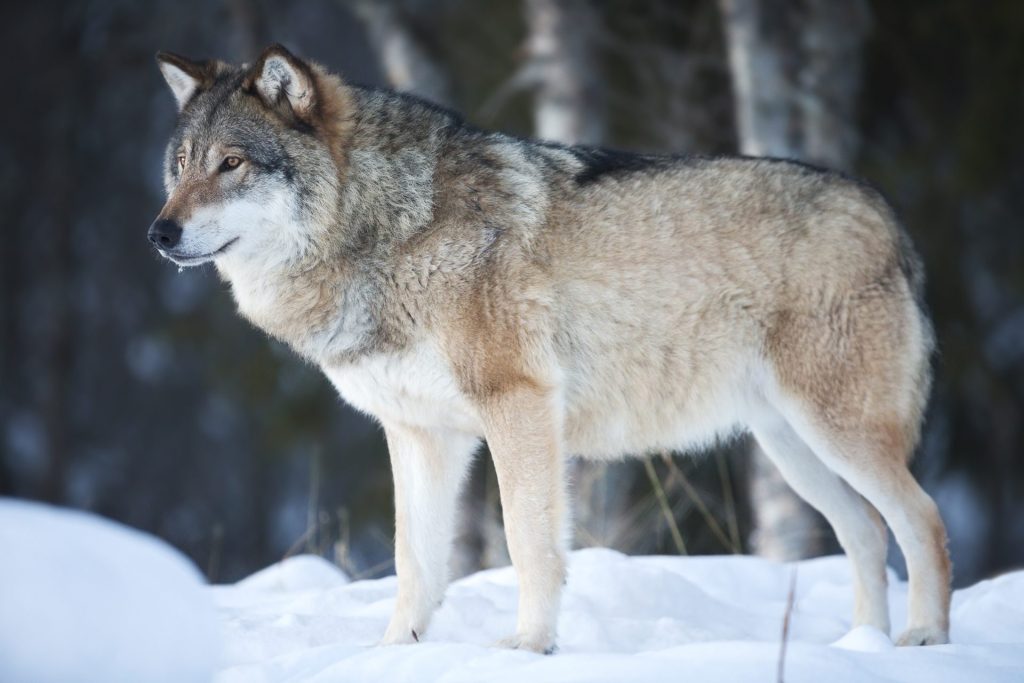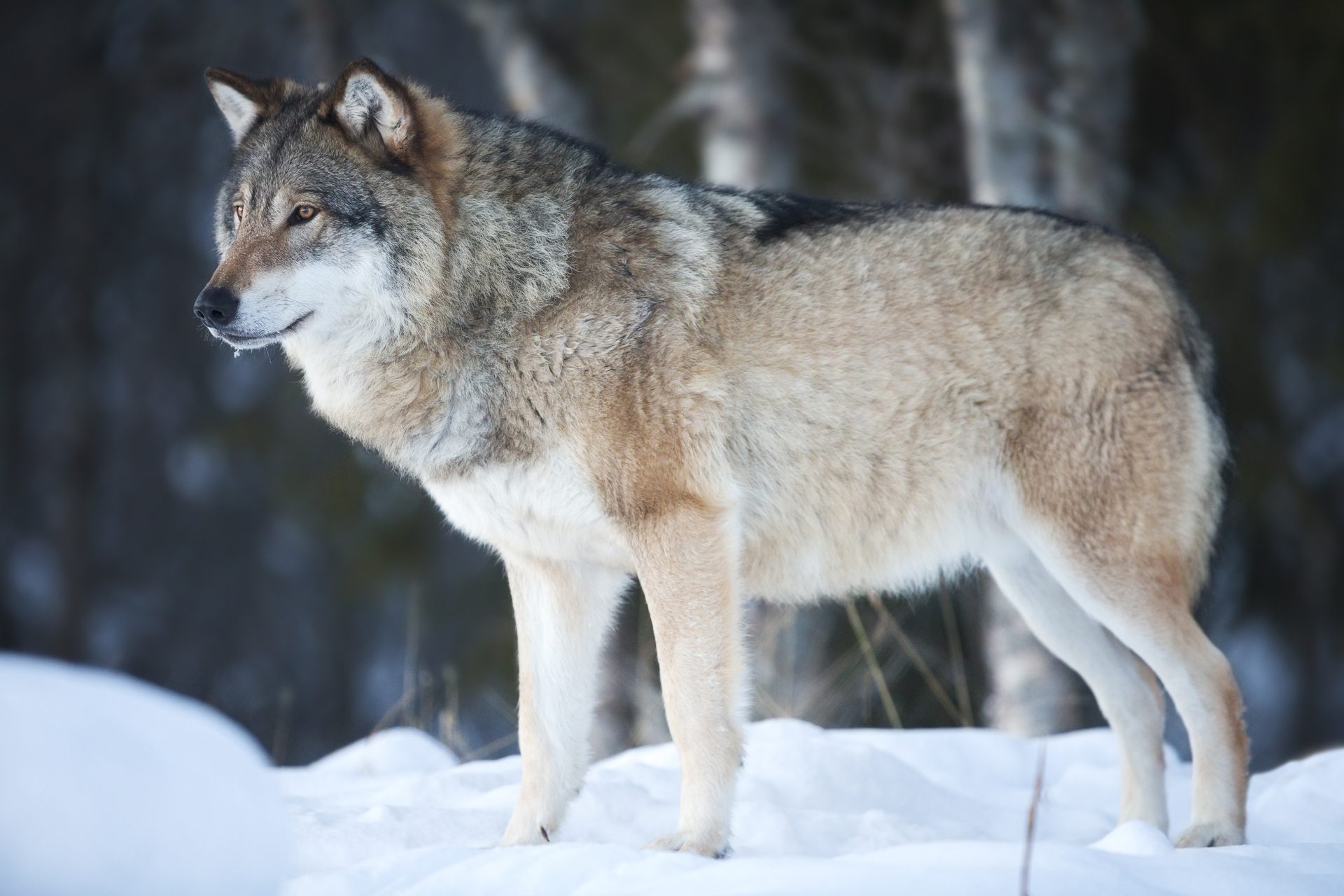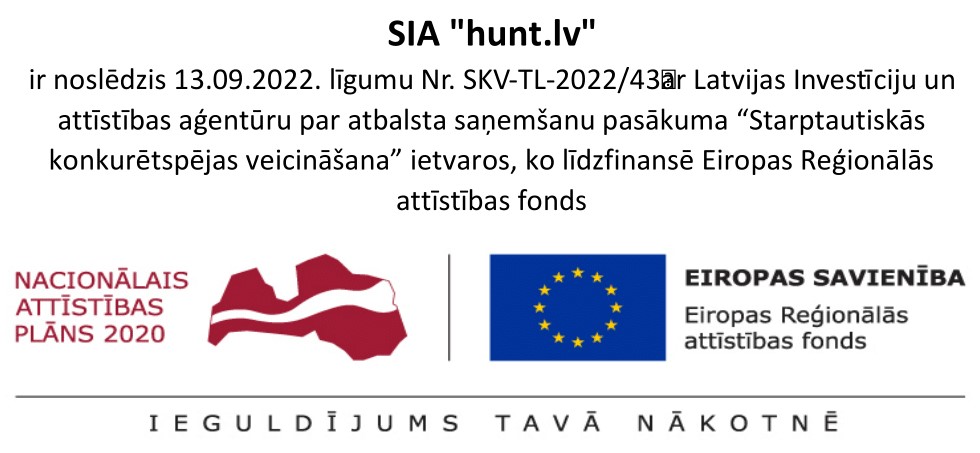
Due to an increase in the number of reports of wolf attacks and the damage caused, the State Forest Service has increased the wolf-hunting quota for the 2022/2023 hunting season by 20 animals. They are allowed to be hunted only in the regions which have reported the damage cased by wolves.
In 2022, the National Forest Service has received reports of 79 confirmed wolf attacks affecting 497 domestic animals, while in 2021, 51 attacks were recorded affecting 182 domestic animals. Taking into account the increase in damage caused by wolves and data on the wolf population collected during this hunting season, the State Forest Service has decided to increase the quota for the 2022/2023 hunting season by 20 animals, i.e. from 280 to 300 wolves.
The additional number of wolves is allowed to be killed only in the regions which have submitted verifiable information on wolf damage to livestock during the current hunting season to the State Forest Service until 30 January 2023. Wolf hunting is allowed in the following regions: Alūksne, Augšdaugava, Balvi, Cēsis, Dienvidkurzeme, Gulbene, Jelgava, Jēkabpils, Krāslava, Kuldīga, Limbaži, Madona, Ropaži, Sigulda, Smiltene, Talsi, Tukums and Valmiera. The wolf hunting season will last until quota is reached but no longer than until March 31, 2023.
The Service reminds hunters to take a photo of the wolf’s teeth at the wolf hunting site so that the date of the hunt and the GPS coordinates of the hunting site are saved in the photo file. We recommend using NoteCam or another app that displays the date and GPS coordinates of the captured image. Please send the following data no later than the next working day to medibas@vmd.gov.lv: 1) the photo of the wolf’s teeth; 2) sex and age of the killed wolf (less than a year old, young, middle-aged, old); 3) the hunter’s hunting permit number (preferably also name, last name and telephone number).
When 10 animals are left until reaching the quota, wolf hunting is allowed only by applying for it each time and coordinating it with the ranger of the respective forestry department. This is necessary to ensure that the quota is not exceeded. According to data collected during this hunting season, the wolf population in Latvia is stable and demonstrates an increasing trend; therefore it is allowed to increase the quota, as per State Forest Service. The Service reminds that the quota is set under the provisions of the grey wolf conservation plan. At the same time the interests of countryside residents and farmers must not be disregarded. The number of wolf attacks is increasing and causing financial losses. Hunting reduces the risk of damage to livestock by wolves, makes countryside residents feel safer and generally benefits the coexistence of people with wolves.
Source: https://www.lms.org.lv/jaunumi/010223-palielinats-pielaujamais-vilku-nomedisanas-apjoms/

